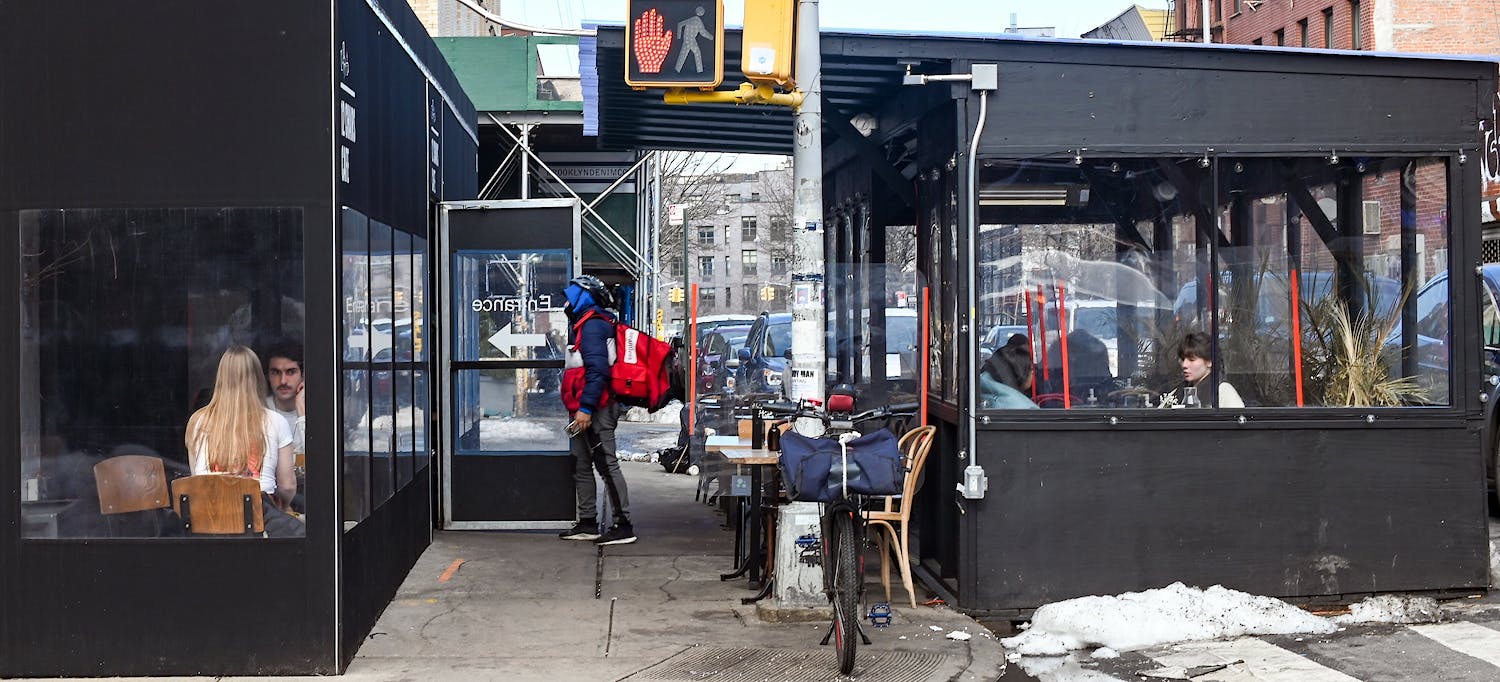
State Regulatory Compliance Processes: Lessons Learned From COVID-19
Project: State Regulatory Compliance Processes: Lessons Learned From COVID-19
Description: Over the past 18 months, the nation’s economy and society have been upended by the COVID-19 pandemic. To protect public health while minimizing economic disruption, state and local governments took action to improve the regulatory compliance process, such as:
- Utilized additional online mechanisms for some regulatory compliance processes;
- Addressed business pain points and concerns about timeliness; and
- Improved sequencing and routing of regulatory approvals (for example, by allowing offices to do concurrent reviews)
Supported by a grant from the Pew Charitable Trusts, the Academy's Center for Intergovernmental Partnerships analyzed states' actions related to their regulatory standards. The report discovered several main steps state governments took regarding:
- Simplified permitting paved the way for business start-ups;
- New permissions allowed bars and restaurants to resume operations;
- Streamlined licensing allowed healthcare professionals to continue to practice; and
- The authorization of telehealth allowed millions of people to receive remote healthcare services.
Click the button below to view the Final Report.
Final ReportQuestions?
If you are interested in learning more about the aspects of this study, please contact the Director of the Center for Intergovernmental Partnerships, Nancy Augustine (NAuguestine@napawash.org)
